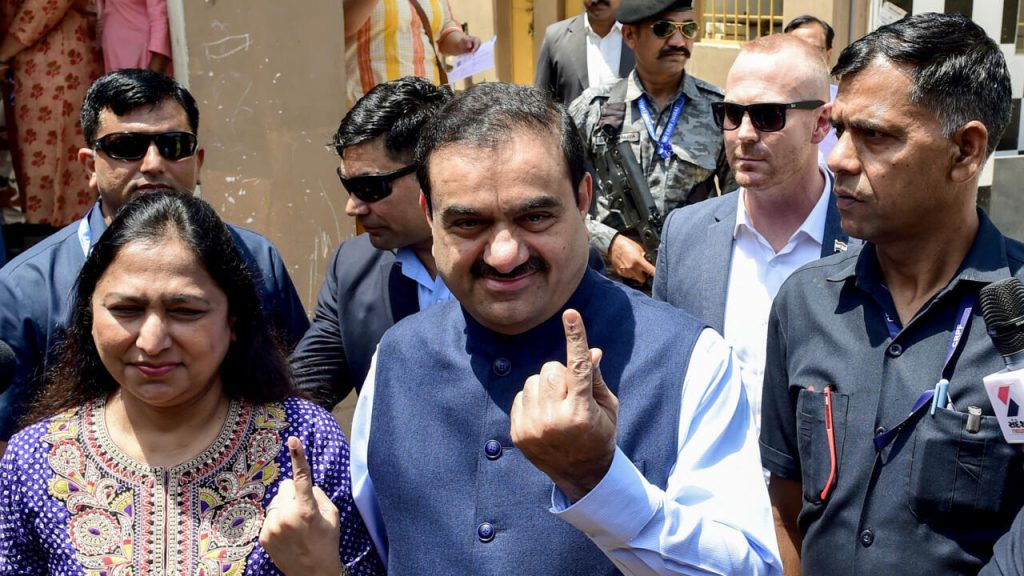A massive scandal has erupted surrounding Indian billionaire Gautam Adani, following accusations by the United States that he deceived investors and bribed Indian officials. This shocking development has unveiled the deep-rooted corruption within India’s political and business circles, with ties to Prime Minister Modi’s controversial Gujarat model of crony capitalism.
Adani is accused of paying a $250 million bribe linked to solar contracts, pointing to the broader issue of corruption promoted by Modi’s BJP. These actions have put India’s credibility at risk, with concerns that the country’s reputation is being sold out for the benefit of a select few.
The allegations against Adani expose how corruption has become ingrained in India’s political landscape, with Modi’s support helping Adani build his vast empire. From infrastructure projects to energy deals in Africa, Adani’s rise has been intertwined with government patronage that continues to foster global corruption.
The scandal extends beyond India’s borders as Adani’s involvement in international deals is questioned. His recent decision to withdraw from U.S. dollar bond offers amid bribery accusations further highlights the consequences of this corruption, marking India as a dangerous place for foreign investors.
Modi’s failure to address the allegations against Adani signals a deeper issue within his government, where public trust is sacrificed for the benefit of cronies. The fallout from this scandal shows the dangerous consequences of cronyism and is forcing foreign investors to reconsider their investments in India.
Ultimately, the $250 million bribery scandal is not just an embarrassment for Adani, but a blow to India’s global standing. It undermines foreign confidence and tarnishes Modi’s “development agenda,” exposing a kleptocratic system that harms both the public and international relations.


